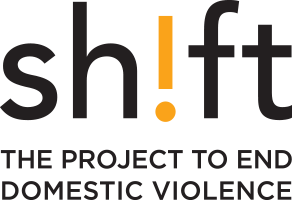Although largely hidden, domestic violence is reaching epidemic levels with untold costs to society. Alberta has the second highest rate of reported spousal assault in the country, with two-thirds of Calgarians affected by domestic violence or close to someone who is. Tremendous strides have been made to protect victims and improve criminal justice interventions, but there is still little understanding of the root causes of domestic violence and how to prevent it from happening in the first place. Lana Wells, the new Brenda Strafford Chair in the Prevention of Domestic Violence at the University of Calgary, Faculty of Social Work, is leading a community-based initiative to prevent, and ultimately end, domestic violence in our society. “If you ask any Albertan, they will say they want to see an end to domestic violence” says Wells. “With the right level of commitment, leadership and resources, this is a problem that can be solved.” Wells brings a wealth of experience in leading social change movements. She has worked for non-profit organizations and government and, most recently, led the Community Investments and Collaborations portfolio at the United Way of Calgary and Area. She holds bachelor’s and master’s degrees in social work from the University of Calgary and a BA in women and religious studies from McMaster University. “As a leader in community change, Lana will spearhead a plan to end domestic violence,” says Dr. Jackie Sieppert, dean of the Faculty of Social Work. “She will work closely with community leaders, collaborate with leading-edge researchers and bring innovative preventive practices to Calgary and Alberta.” Wells will facilitate a broad, community-based engagement process similar to the work that led to Calgary’s 10 Year Plan to End Homelessness. Approached through the lens of primary prevention, the focus will be on changing attitudes, behaviours and cultural norms of communities and populations, as well as of individuals. “We need to be looking ahead to the kind of community we want to be,” says Wells. “If we have community leaders, citizens, educators and politicians standing up and taking action to build understanding of what a healthy relationship is, then we will see social change.” In the short term, Wells will work with community stakeholders to determine the full scope and impact of domestic violence in Alberta, enrich our understanding about why society has allowed this problem to reach epidemic proportions, identify prevention strategies that work and ascertain the most effective levers for change in our community.
New research chair to spearhead ‘first in Canada’ primary prevention project
Elena


